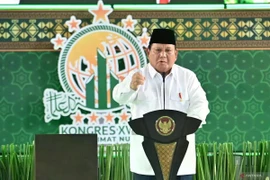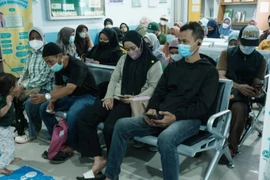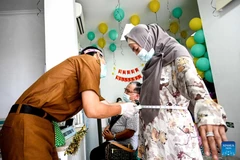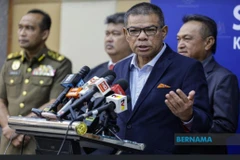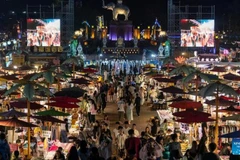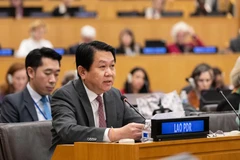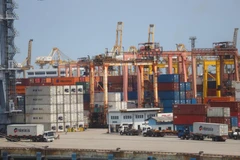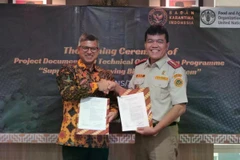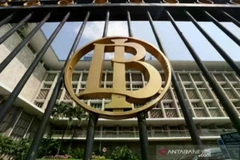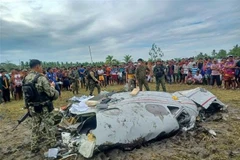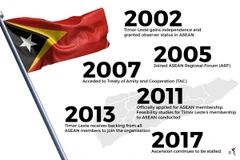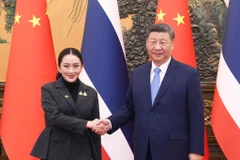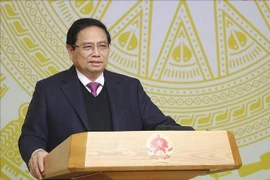Jakarta (VNA) - For the development of nuclear power plants, Indonesia has yet to fulfill three things - national position, organisational readiness, and mapping of stakeholders, said Deputy Minister of National Development Planning Febrian Alphyanto Ruddyard.
As an initial step, Indonesia's National Development Planning Ministry (Bappenas) will help form a working group tasked with revising institutional issues for the development.
The group will act strongly and independently, reform nuclear energy regulations and policies, as well as establish a nuclear energy implementing agency.
Indonesia has been planning to develop nuclear power plants for a long time to support the energy transition. However, the plan has run into socio-political and institutional issues.
Rudyard emphasised that the problem is that nuclear is often considered easy, but the ecosystem has not yet been formed. This is what Indonesia needs to start and the Bappenas is responsible for make a plan for the nuclear power development.
According to the Deputy Minister in charge of Human and Cultural Development Amich Alhumami, from many angles, Indonesia’s main problems today are at the macro level. The country still has political issues of science and technology because of the implications for institutions.
Meanwhile, the idea to build a nuclear power plant has been around for 20 years. However, currently, nuclear utilisation is still limited to non-energy sectors, such as health, food, and agriculture.
Indonesia is committed to achieving net zero emissions by 2060. Nuclear power is considered a clean energy source that can be developed with massive capacity in a short time, while supporting the energy transition policy./.

